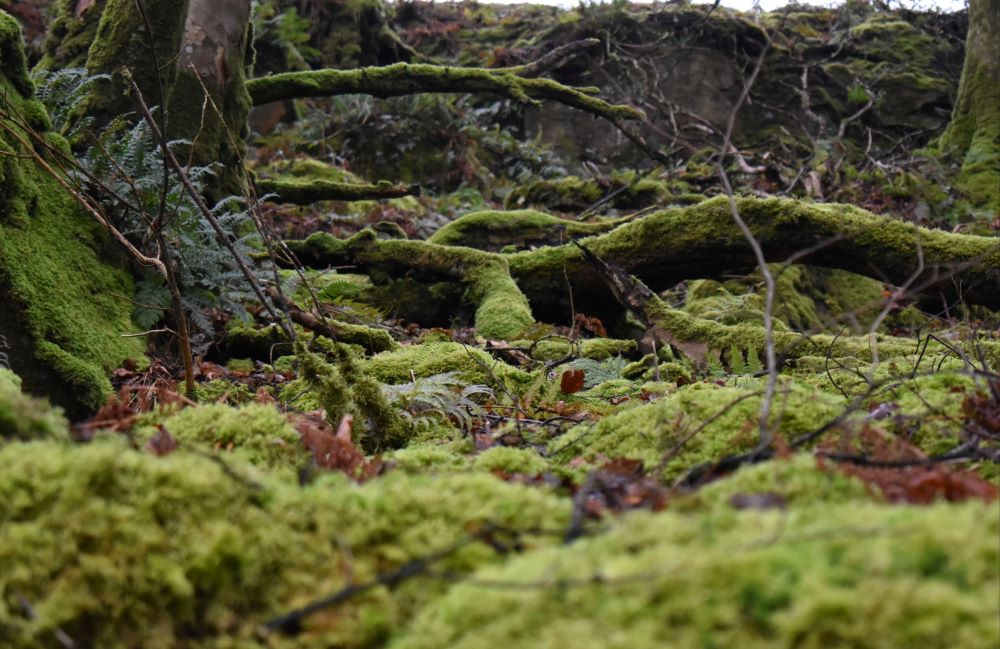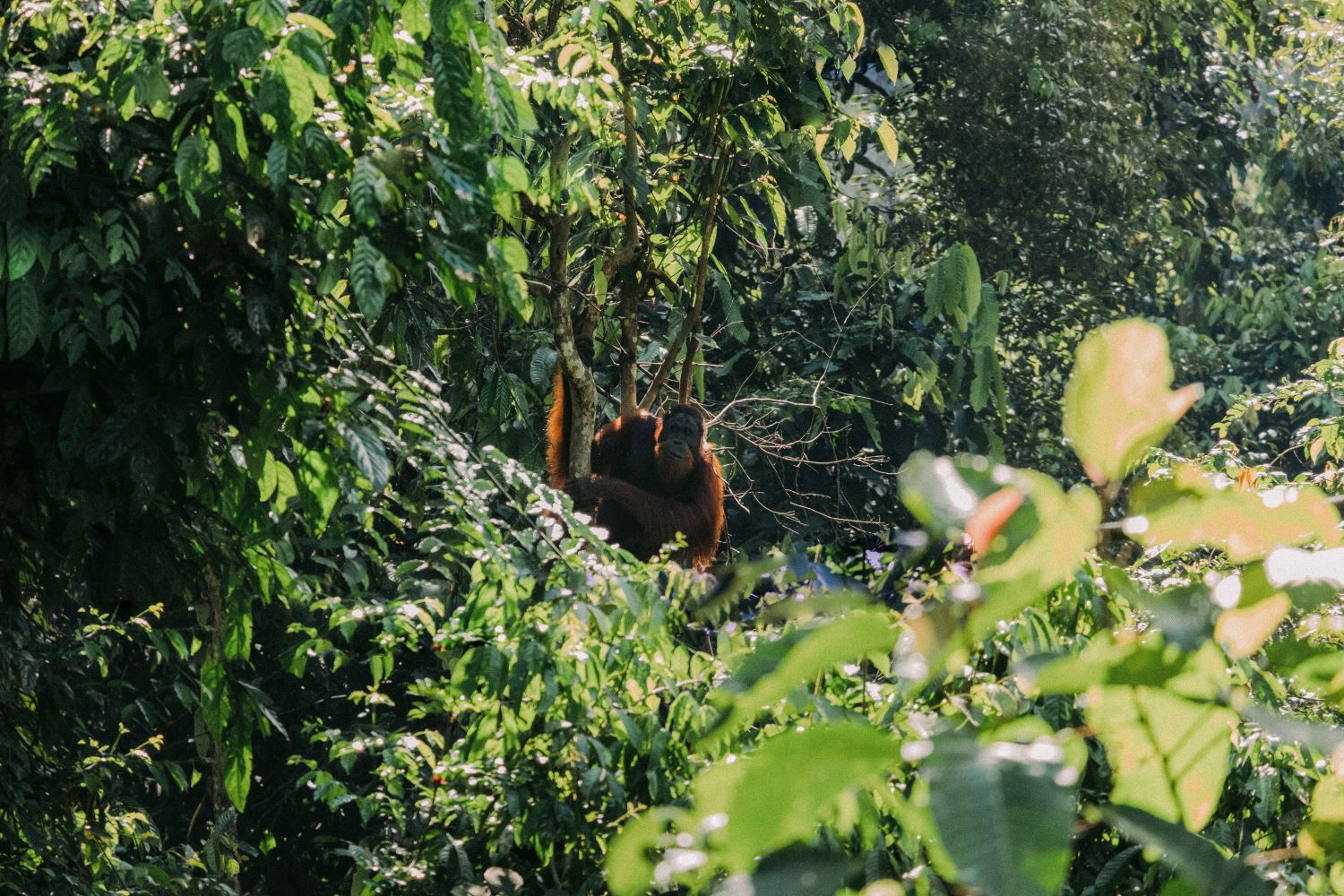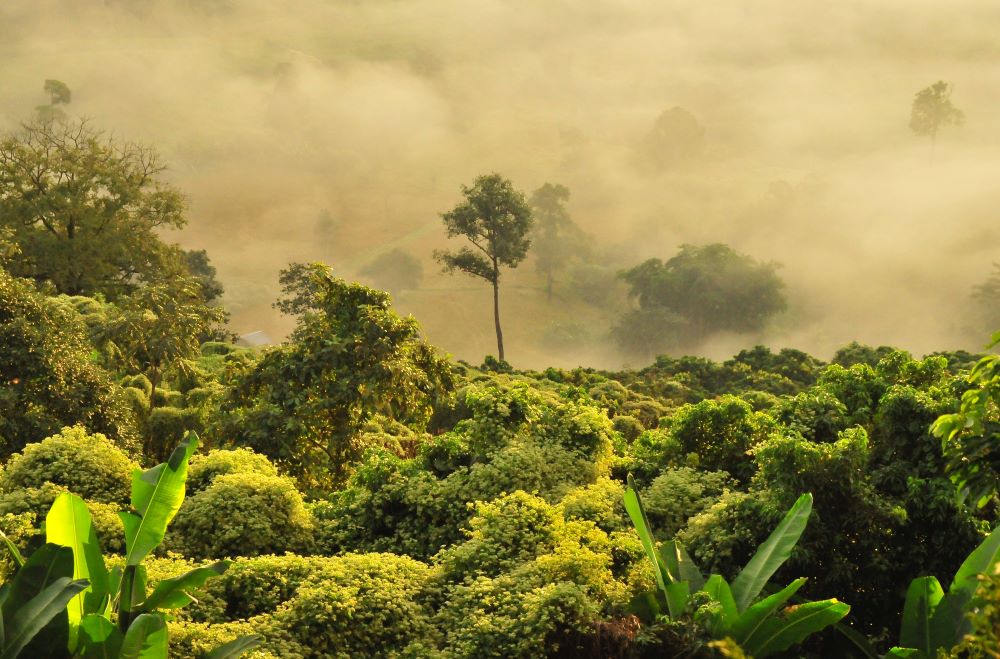Tropical rainforests are home to many kinds of mammals, ranging in size from tiny mouse lemurs to the
African forest elephant. While large mammals like cats (tigers, jaguars, leopards, and small cats)
and primates (including monkeys, apes, and lemurs) are best known, most rainforest mammals are
small, nocturnal, and inconspicuous. Bats and rodents are the most abundant kinds of mammals in most
rainforests.
Large Cats

The cats are one of the most specialised and
highly adapted predators there are.
With retractable claws, keen eyesight and acute senses, they are often the top
predator
no
matter their environment. These senses and their agility comes into importance
in the
world's
rainforests where dense trees block a direct path to prey. Tigers, leopards,
jaguars,
pumas,
margays and ocelots can find in the world's rainforests.
Placeholder text
Placeholder text...
Rainforest monkey species include Howler Monkeys, Spider Monkeys, Tamarins, Marmosets,
Capuchin Monkeys, and Squirrel Monkeys. The most common of which is the Tamarin.
A new species of monkey was discovered in the Amazon Rainforest in 2007 and named Mura's
Tamarin after the Mura Indian tribe.
Most species of monkeys living in the rainforests are omnivores that feed mainly on
vegetation, insects, nuts, fruits and flowers and small animals.




